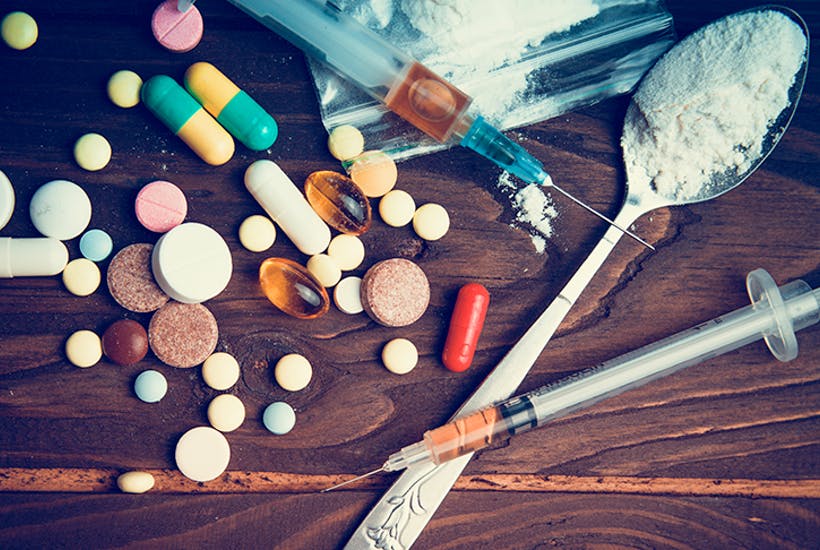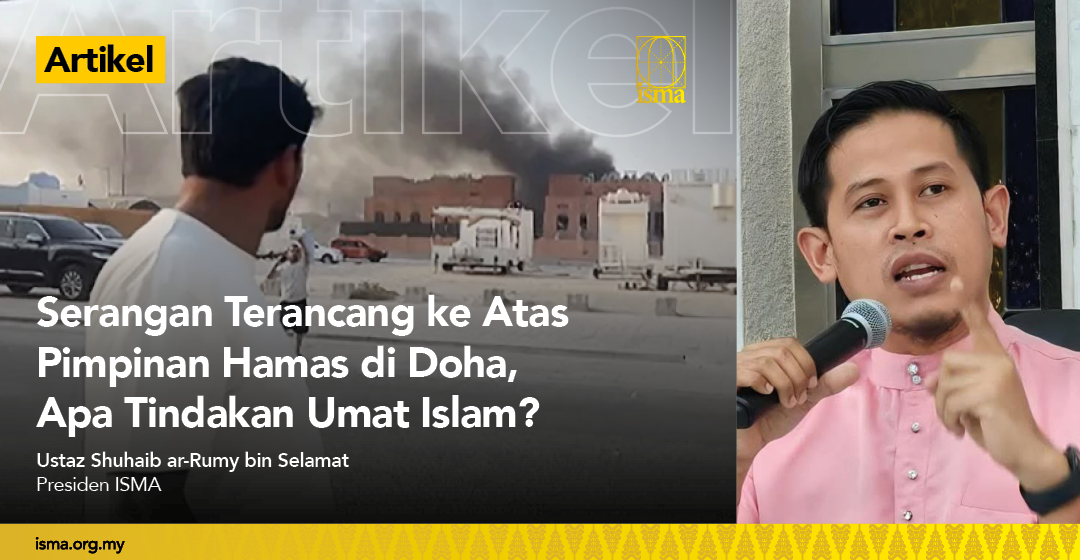I refer to the recent statement by the Youth and Sports Minister that the government plans to set up a committee to hasten legal amendments that would decriminalize drug addiction and I read it with a big exclamation mark. I must say this is a very bold and brave move in a country like Malaysia which lies in a sea of poorly reinforced drug regulation from neighbouring countries.
A central feature of drug decriminalization lies in harm reduction which support the use of fines or other punishments to replace imprisonment. Proponents of drug decriminalization often propose systems whereby illegal drug users who are caught would be fined, but would not receive a permanent criminal record as a result. Only those caught drug trafficking, manufacturing or possessing a large number of drugs will be prosecuted by the law. This effort distinguishes between ‘drugs for personal use’ and handling drugs illegally at a larger scale.
At a very superficial level, does it ever make sense that we prosecute the people who sell the drugs but personal drug users will be left alone? Would we be able to curb the distribution and smuggling of drugs when people feel ‘safe’ to use drugs at home? Even with the current law enforcement, drugs have been smuggled freely in durian skin!
Some countries view drug decriminalization as an intermediate approach between prohibition and legalization. However, this move has been criticized as being “the worst of both worlds”. It has been reported that in a situation that drug sales would still be illegal, it will therefore perpetuate the problems associated with production and distribution of drugs illegally. Furthermore, the penalties removed will fail to discourage illegal drug use that might otherwise cause some people to deter away form drugs.
Putting this in context to our soil, where we have a large numbers of drug users in our rehabilitation centers, together with the endless battle in curbing drug smuggling and the rising statistics of crime related to drug abuse, how safe is this move going to be for our society? How can we ensure that the gruesome murders, snatch thieves and house breaking rates and other crimes associated with drug abuse will be kept under control? In other words, will Malaysia be a country safe enough to live?
In 2001, Portugal began referring those who have been caught with drugs in their personal possession to treatment programs. The drugs are still illegal, only that the drug users are not convicted. Whilst they have claimed success with this approach, in which government resources are better diverted to battle drug smuggling and trafficking, I would imagine setting up more and more rehabilitation facilities or ‘pusat serenti’ with this approach. A move that can be done but with strict quality control and well structured rehabilitation programs in place.
Other countries across Europe as well as a number of Latin American countries, have put drug decriminalization in place for the last decade but positive results are yet to be observed. The US, being a country which integrates legalization and decriminalization faces a staggering 23.6 million people needing treatment for substance abuse in 2009 alone. In these countries, social pressures, poor coping skills and poverty have pushed many in the direction of trying drugs to get relief but on the other hand they are trapped in a one way journey, not being able to overcome the habit themselves.
A more effective solution for drug addiction and abuse is definitely needed but drug decriminalization is a big step for Malaysia.Prior to that, proper education, enforcement and treatment programs have to be in place first. We have to produce a society that deter away from drugs by choice. Otherwise, this move will only increase the numbers of drug users nationwide especially involving the youth.
Dr Nur Farrah Nadia Bt Najib
Activist
i-Medik Johor Bahru




